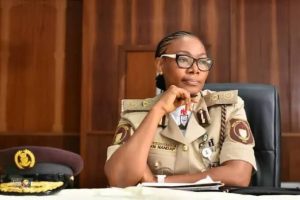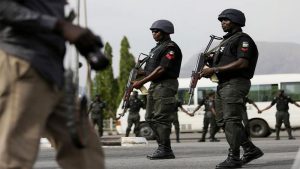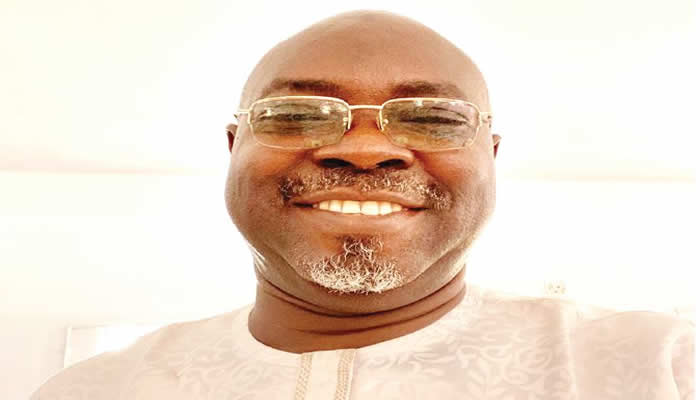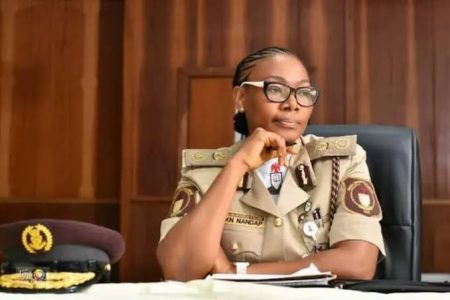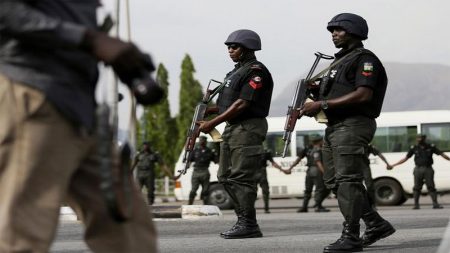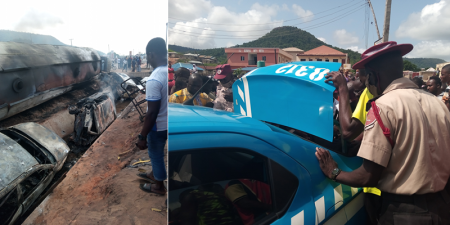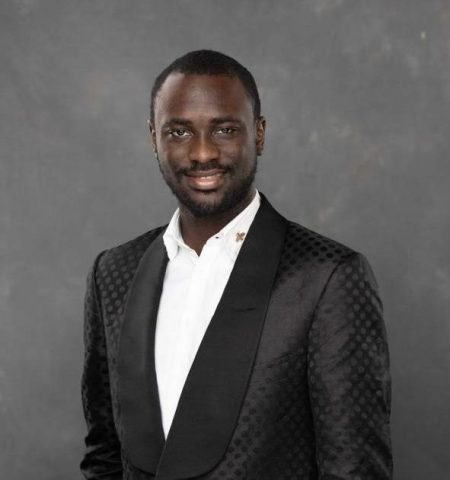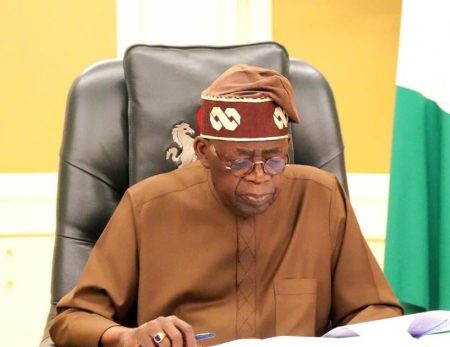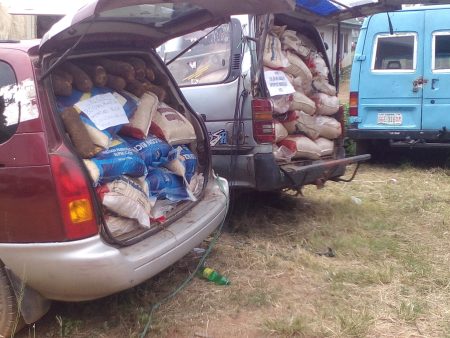The Osun State local government elections, held on Saturday, sparked controversy and conflicting narratives regarding voter participation and the overall conduct of the electoral process. Mr. Jamiu Olawumi, former Special Adviser on Education to the Osun State Governor and a chieftain of the All Progressives Congress (APC), asserted that the elections were largely a sham, claiming that voting did not take place in many areas, including Ife Central Local Government Area. He pointed to incidents of voter suppression, such as hoodlums blocking roads in Ilare Ward 3, Ile-Ife, although he acknowledged that police intervention eventually cleared the disruption. Olawumi further alleged that the Peoples Democratic Party (PDP) was disseminating misleading footage of past elections on social media to create a false impression of widespread voter participation. He commended the police for their professionalism in handling the situation, implicitly suggesting that their actions may have prevented further disruption.
Countering Olawumi’s claims, Oladele Bamiji, the Director of Media for the PDP in Osun State, insisted that the elections were successfully conducted across the state. He challenged the APC to provide evidence supporting their claims of manipulated footage, suggesting that any such videos circulating were not representative of the actual election day activities. Bamiji expressed confidence in the outcome of the elections and anticipated the official results from the Osun State Independent Electoral Commission (OSIEC). The contrasting accounts offered by the APC and PDP representatives underscore the deep political divisions within Osun State and highlight the potential for electoral disputes to arise amidst conflicting narratives.
The conflicting claims regarding the Osun State local government elections raise critical questions about the transparency and integrity of the electoral process. Olawumi’s allegations of voter suppression and the use of misleading footage by the PDP cast doubt on the fairness of the elections. If his claims are substantiated, they could indicate a deliberate attempt to manipulate the outcome of the vote and undermine the democratic process. Conversely, if the PDP’s assertions of a successful and widespread election are accurate, the APC’s allegations might be viewed as an attempt to discredit the election results and sow discord.
The role of social media in disseminating information, and potentially misinformation, is also highlighted in this controversy. The alleged use of old election footage to create a false impression of voter turnout underscores the potential for social media platforms to be exploited for political gain. This raises concerns about the need for effective mechanisms to verify the authenticity of online content and to combat the spread of disinformation, particularly during sensitive periods like elections. The incident emphasizes the need for media literacy among the electorate to critically evaluate the information they consume online and to avoid being swayed by manipulated narratives
The Osun State Independent Electoral Commission (OSIEC) now faces the critical task of verifying the election results and addressing the allegations of irregularities. The commission’s findings will be crucial in determining the legitimacy of the elections and restoring public trust in the electoral process. A transparent and impartial investigation into the claims made by both the APC and the PDP is essential to ensure accountability and maintain the integrity of future elections in the state. The outcome of the investigation will likely have significant implications for the political landscape of Osun State and could influence future electoral contests.
Beyond the immediate controversy surrounding the local government elections, the incident raises broader questions about the state of democracy in Nigeria. Allegations of voter suppression, manipulation of information, and partisan narratives underscore the challenges facing the country’s electoral system. Addressing these challenges requires a concerted effort from all stakeholders, including political parties, electoral bodies, civil society organizations, and the media. Strengthening democratic institutions, promoting transparency and accountability, and fostering a culture of respect for the electoral process are essential to safeguarding the future of democracy in Nigeria. The Osun State local government elections serve as a microcosm of the larger challenges facing the country and underscore the urgent need for electoral reforms and a commitment to free and fair elections.


